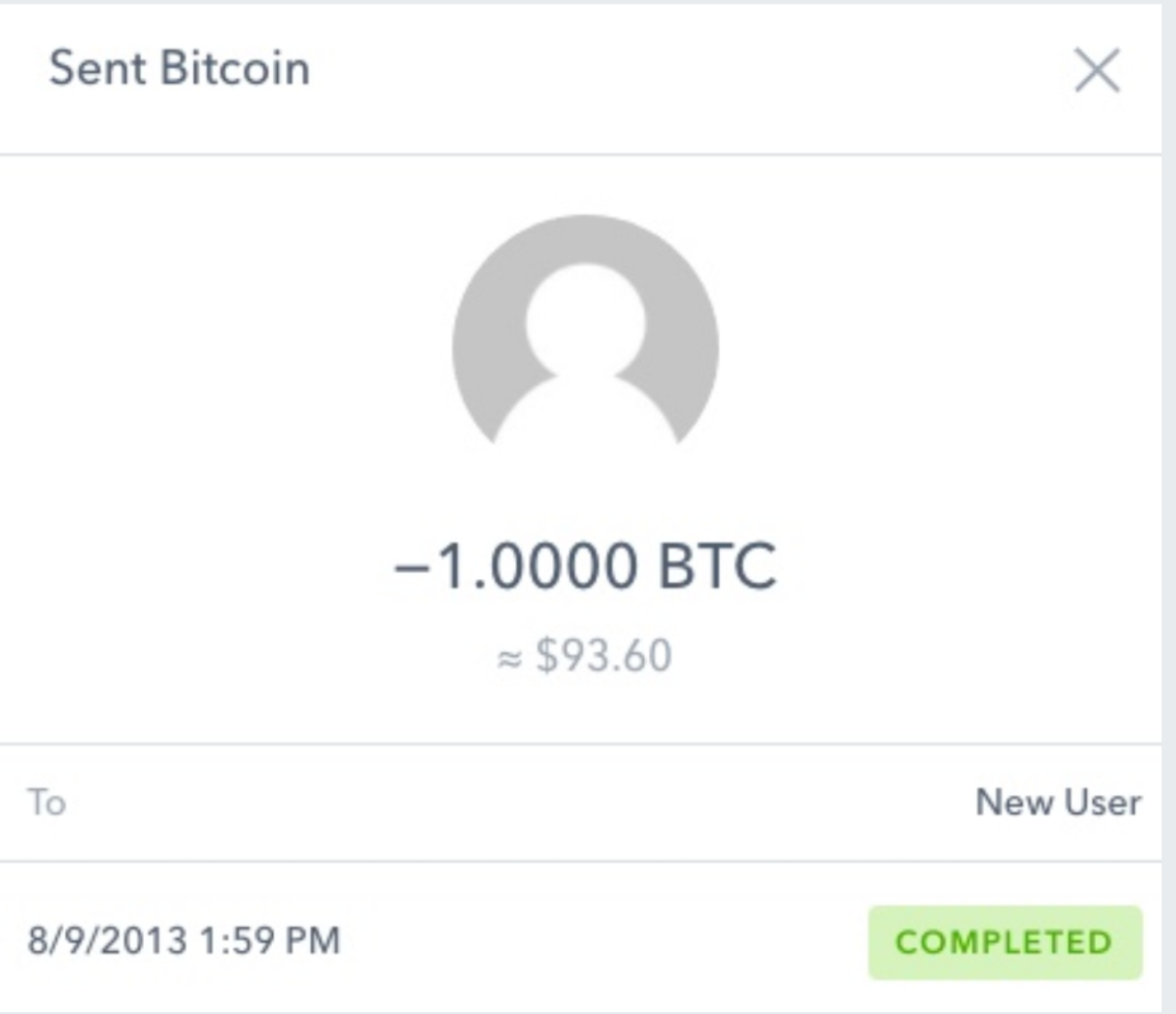A Doctor For Sensitive Issues
Our portfolio company Nurx started out offering birth control prescriptions on a mobile phone delivered to you in the mail. This has been a game changer for many women who live far from a doctor or a pharmacy or live in places where it is not easy to get a birth control prescription.
But they have not stopped there. They added HIV Prep for people who are at risk for HIV and want to protect themselves. And then they added emergency contraception (the morning after pill).
And this week, Nurx added at home testing for sexually transmitted diseases. From that blog post:
The tests offerings include: The Full Control Kit, which tests for gonorrhea and chlamydia (throat, rectal, urine swabs), syphilis, hepatitis C, and HIV (blood sample), and is $75 with insurance or $220 without; The Healthy Woman’s Kit, which tests for gonorrhea and chlamydia (throat and vaginal swabs), trichomoniasis (vaginal swabs), syphilis and HIV (blood samples) and is $75 with insurance or $190 without; The Covered With the Basics Kit, which tests for gonorrhea and chlamydia (urine sample), syphilis and HIV (blood sample) and is $75 with health insurance or $150 without. The goal is to make STI testing easier, more affordable, and with fewer awkward face-to-face interactions with a potentially judgmental lab tech or doctor. The tests are available in 24 states and the District of Columbia.
The idea behind Nurx is that too many people put off going to see the doctor because they are ashamed, it is awkward, or it is inconvenient. And this is particularly true for sensitive issues.
Nurx believes that technology (the mobile phone, telemedicine, logistics, etc) can and will change this for most people and that we can all become healthier as a result. Preventive medicine is the most efficient and affordable kind of medicine and we need more of that in society.
Nurx has grown like a weed over the last two years which tells me that there is a large unmet need for this kind of health care and I am excited to see the Company continue to add more and more services as they grow.





